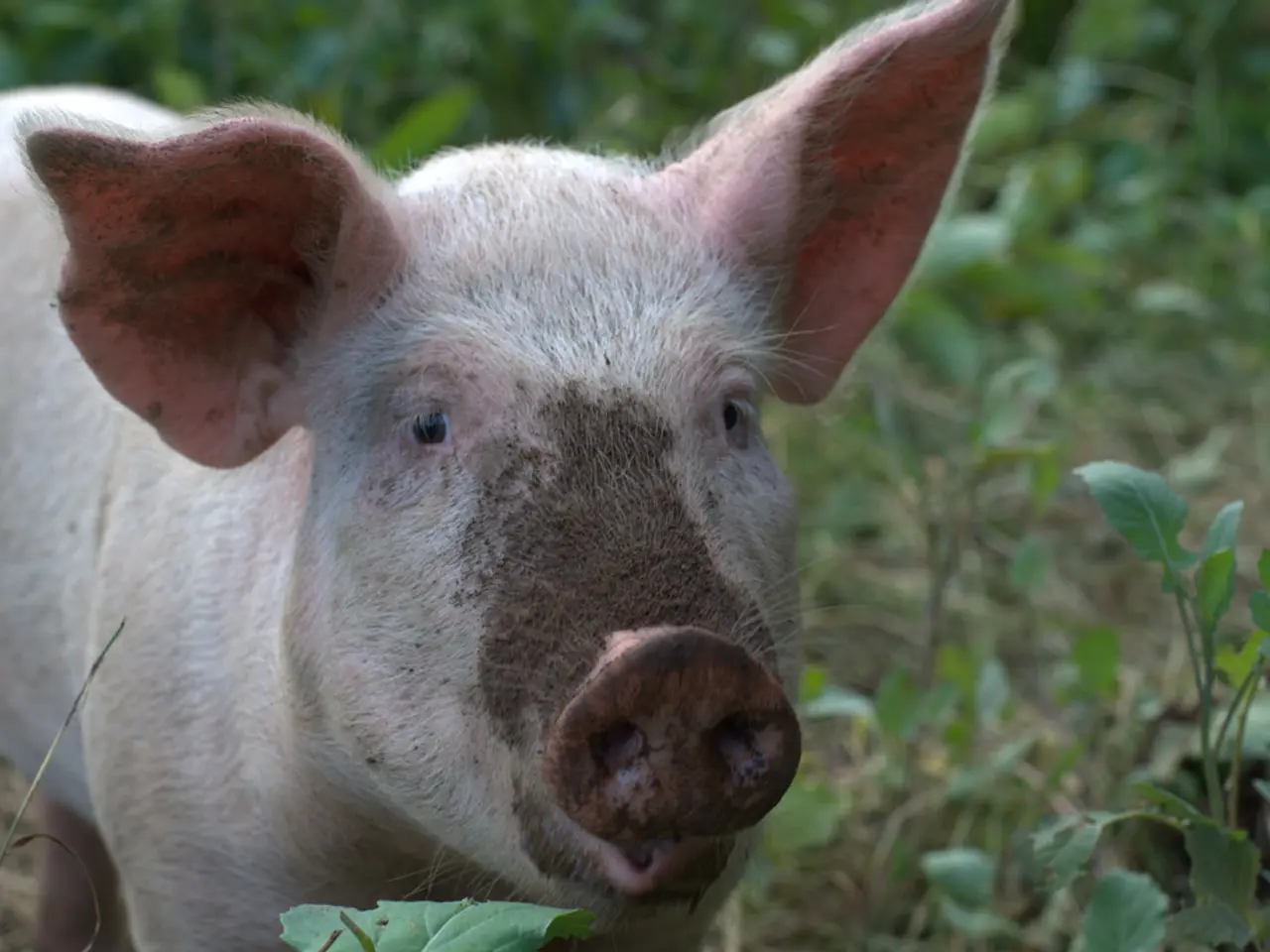Salk Institute Creates Human-Pig Chimeras for Organ Transplants
Scientists at the Salk Institute have made significant strides in creating human-pig chimeras, a breakthrough that could alleviate the global organ shortage. The team, led by Juan Carlos Izpisua Belmonte, has successfully grown human cells within pig embryos, with the chimeras surviving for up to four weeks.
The research, published in the journal 'Cell' and reported by National Geographic, marks a major milestone in the quest to grow human organs in animals for transplants. Until August 2021, federal funding for such research was banned in the U.S., but private funding has allowed the Salk Institute team to continue their work.
The method involves injecting human pluripotent stem cells into pig embryos, resulting in chimeric embryos with human cells accounting for about one in 100,000 cells. These chimeras could provide valuable insights into human embryo development and various diseases. Moreover, organs grown in this manner are less likely to be rejected by the human immune system compared to traditional animal or stem cell-grown organs. The ultimate goal is to grow patient-specific organs using the patient's own stem cells for transplantation.
The Salk Institute's research, though still in its early stages, offers promising prospects for addressing the critical shortage of organ donors. By growing human organs in pigs, we could potentially save countless lives and revolutionize the field of transplantation medicine.






